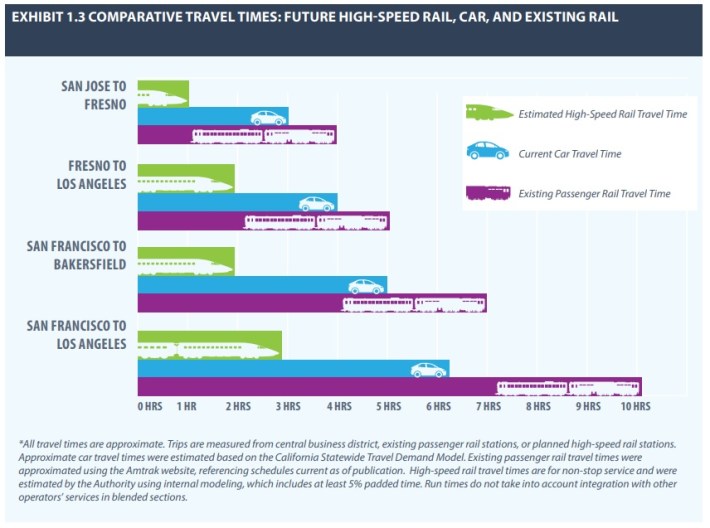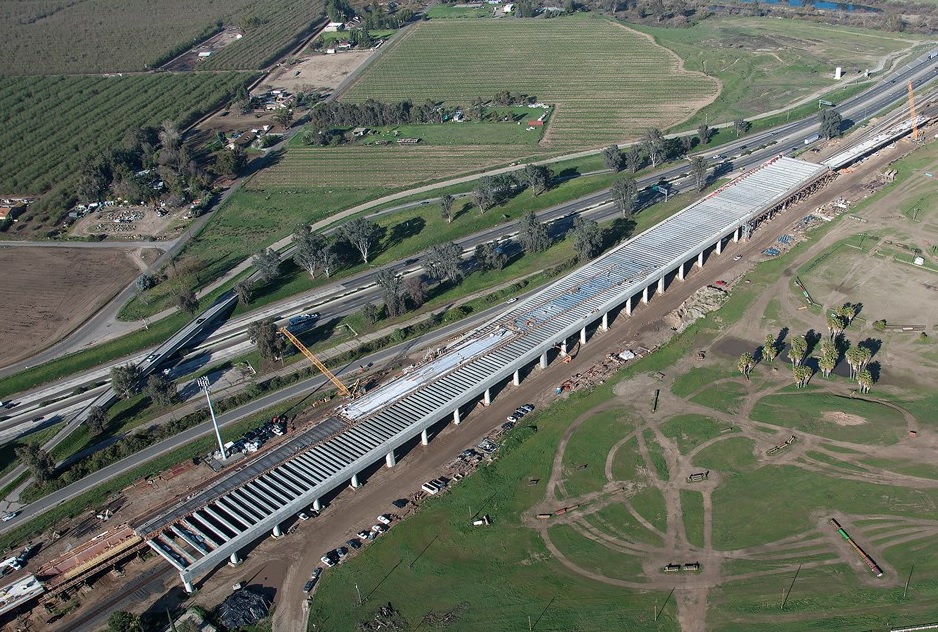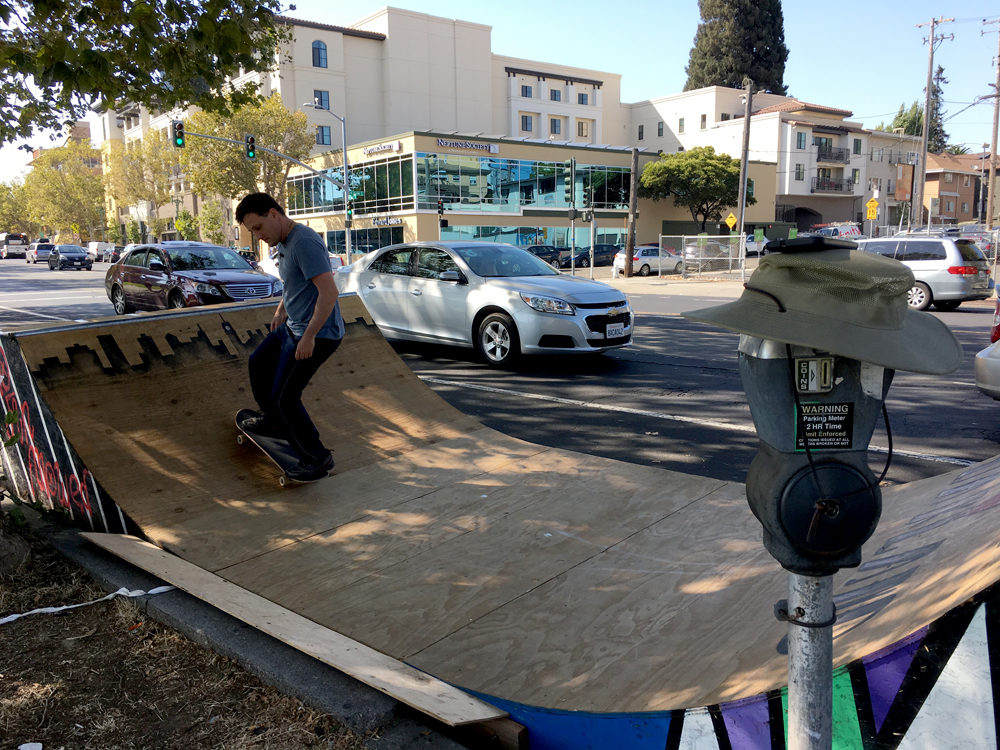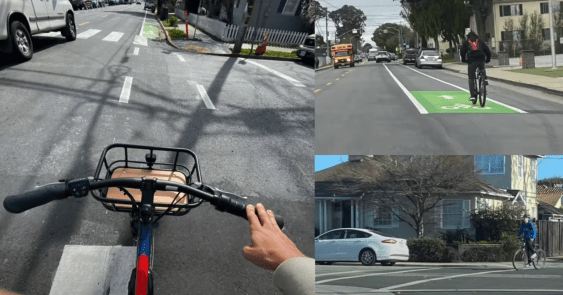At its monthly meeting held in downtown Los Angeles this morning, The California High-Speed Rail Authority Board approved a transfer of $40 million to utility relocation work in the Central Valley. It also approved extending an interagency agreement with Caltrans for its legal team to continue to support property acquisition for the initial under-construction phase.
Public input at the meeting focused on two informational items, where the board was not making a decision today:
- The schedule for future decisions on Southern California alignments, and
- The draft 2018 Business Plan
Streetsblog CA has covered CAHSRA's draft 2018 Business Plan, when it was released and when it was discussed in legislative committees. It increases the estimated cost for CAHSR phase 1 (basically from L.A. to San Francisco) to $77.3 billion, from $64 billion estimated in 2016. The plan also pushes back the planned start of rail service from Silicon Valley to the Central Valley. In 2016, this was planned for 2029, and the new plan pushes the estimate back to 2033.

Though Southern California service will follow the initial Northern-to-Central California service, the agency is gradually moving forward with plans for four segments that will bring high-speed rail all the way to Los Angeles and Anaheim. In addition to early alignment analysis and technical work, CAHSRA is a partner on several rail modernization/early implementation projects in L.A. County - including Metro's Regional Connector subway, Union Station upgrades, grade separations, Metrolink trains, and more.
Public comment included high-speed rail supporters and opponents. Plenty of vocal criticism came from nearly a dozen speakers from northern L.A. County communities, including Acton, Santa Clarita, Kagel Canyon, and Shadow Hills. Critics spoke of "deafening trains in a mountainous echo chamber," "communities held hostage," and "insanity" and "intentional insults" from the CAHSRA.
Board chair Dan Richard pledged that when the future Southern California alignment decisions come before the CAHSRA board, it would host a meeting in Los Angeles' San Fernando Valley, close to the north county communities expressing concerns.
Board member Lynn Schenk questioned CAHSRA Southern California Regional Director Michelle Boehm about the future connection to San Diego, which is not included in phase 1. Schenk asked Boehm if HSR would reach San Diego this century, to which Boehm replied "definitely." Boehm stressed that the connection is important not just for San Diego, but for future HSR to Phoenix and Las Vegas, and that, this year, the CAHSRA was completing a Los Angeles-San Diego feasibility study.






